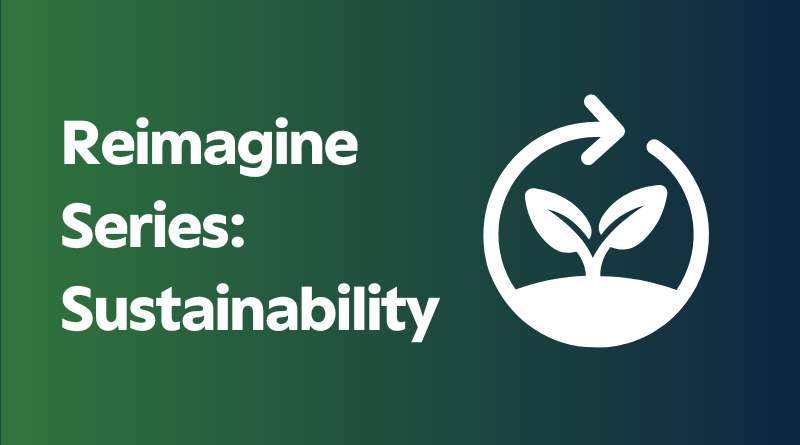From Syria to Libya, Somalia to Yemen, more than 50 nations are failing states. This is a trigger for mass migration, conflict, extremism or the inability to cope with climate extremes and poverty. A greater understanding of what makes some states thrive, while others collapse, can help global institutions bolster nations in need. This is why Prof. Dominic Rohner and his co-author edited an e-book published by the Centre for Economic Policy Research (CEPR) with evidence-based insights from around the world on what makes a prosperous nation.
Nation building is dependent on how different ethnic, social or religious groups manage to live peacefully together and create a functioning state. The German, French, Italian and Romansh speaking populations of Switzerland and those from Wallonia and Flanders in Belgium are successful examples.
In their e-book, Dominic Rohner and his co-author, Ekaterina Zhuravskaya from the Paris School of Economics, explain that social cohesion is crucial, where societal members have a common identity and a shared sense of responsibility. This in turn depends on how segregated1 and polarised2 a nation is. This is driven by social comparisons, where people divide themselves into ‘us’ versus ‘them.’
A focus on polarisation and segregation
Nation building is different for countries that have low polarisation and segregation,such as Japan or Germany, where national cohesion is achievable, but there’s historically been a risk of nationalism. Countries that have the opposite, both high polarisation and segregation, such as Afghanistan or Spain, require a different strategy, one of federalism and power-sharing.
While melting pots, which have low segregation, but high polarisation, think of the U.S. and Brazil, a different approach is needed. Here education is crucial in fostering a positive, common identity.
The e-book also looks at the ‘contact hypothesis’. Psychologists find that if different social, ethnic or politically aligned groups have regular contact with each other, without discrimination and in the context of fairness and non-exploitation, they start trusting each other more, building social capital. In a polarised world, interaction between such groups matters, whether it’s the exchange of students or the collaboration of scientists.
Equal access is crucial
There is no doubt that democracy is the backbone of sustainable nation-building where a state fosters equal access to goods, services, wealth and a healthy environment. Education, information and interaction are also key. This could involve for example mobility and social exchange.
In conclusion, failing states pose a serious risk, yet with greater understanding, analysis and policies these risks can be overcome. And the future may be bright if we analyse nation building in detail.
Source : The complete and original version of the article is posted on the OECD blog, Development Matters
1. Segregation – This measures the extent to which representatives of different groups within a country live in separate areas.
2. Polarisation – A measure of potential antagonisms within society. High polarisation means that there are a few powerful groups, which decreases with an increase in the number of social groups.




